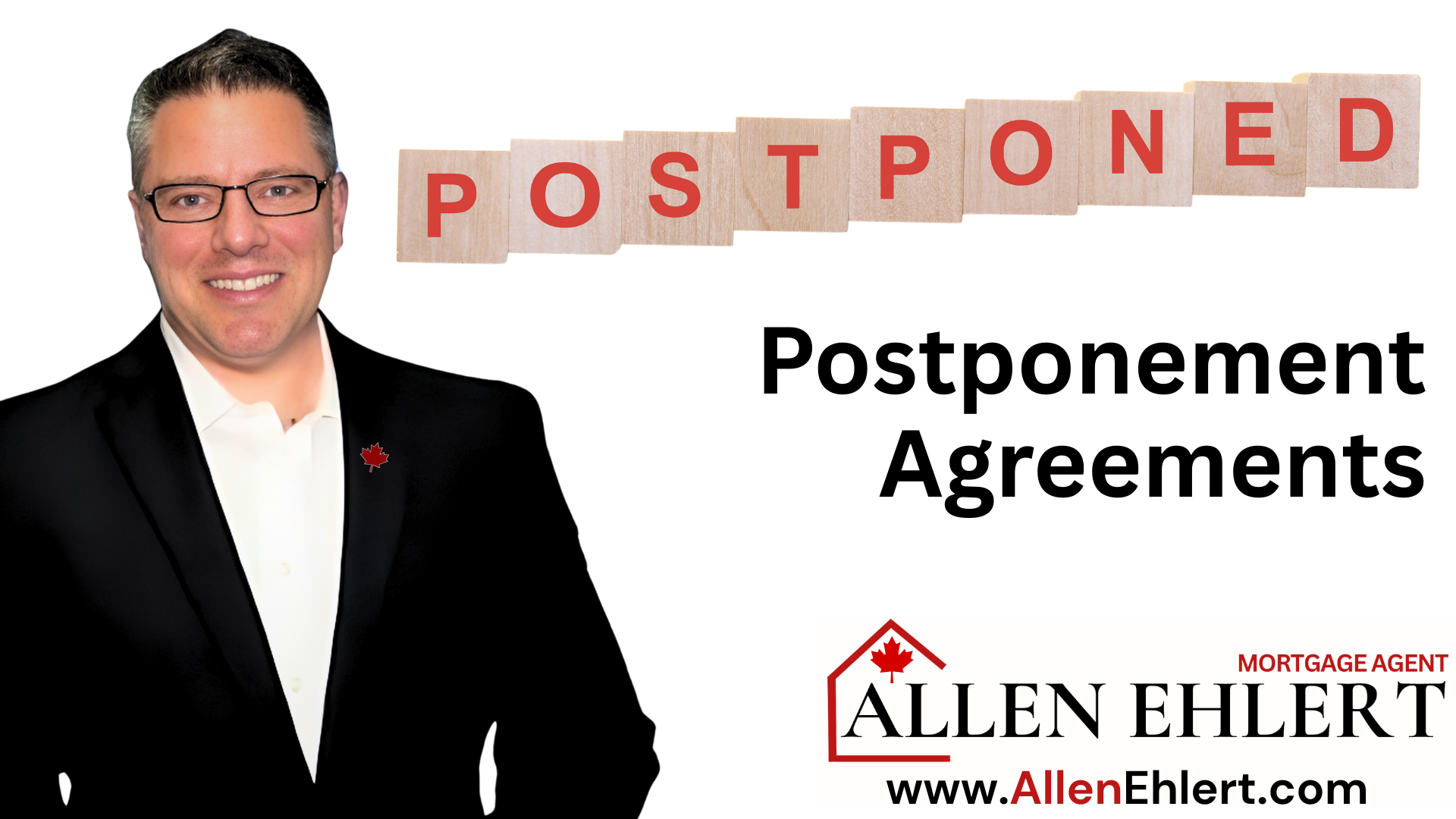…And Why It Matters More Than Ever
If you’ve been chatting with clients or colleagues lately, you’ve probably noticed that the question on everyone’s mind is: Who’s actually buying real estate right now? It’s a fair question. The headlines are full of doom and gloom about affordability, interest rates, and a supposed ‘market freeze’ — yet deals are getting done. Homes are being bought. Offers are being written. But it’s not necessarily the same kind of buyer we saw three or four years ago.
The landscape is shifting, and if you’re a realtor or industry professional, knowing who is still active and why can help you align your marketing, your prospecting, and even how you coach clients through the process.
In this article, I’ll walk you through:
The Rise of the Net Worth Buyer
The Implications for the Market (And for You)
How You Can Leverage Allen’s Insider Knowledge Today
The Rise of the Net Worth Buyer
There’s a quiet but powerful segment of the market that’s still moving — and it’s not who you might think. These aren’t your first-time buyers scraping together a 5% down payment. They’re not the highly leveraged investors playing with pre-construction flips, either.
These buyers have wealth. Not necessarily huge incomes, but assets. Significant ones.
Welcome to the world of Net Worth Programs.
These mortgage programs are designed for people who don’t neatly fit inside the traditional lending boxes. Think semi-retired professionals, successful entrepreneurs, or people living off investments. Their cash flow might not impress a bank under traditional income rules, but their balance sheets certainly do.
With these programs, lenders will use the borrower’s liquid assets (stocks, bonds, investment accounts) to help strengthen the file. They’ll say, “Okay, you don’t show $200K a year in salary, but you’ve got $1M sitting in investments, so you’re low risk.” These programs often allow for reduced income documentation and offer flexibility on qualifying ratios because the borrower’s wealth effectively backs the loan.
What Is an Equity Program
Closely related is the Equity Program. This is the home for borrowers with significant down payments (or a ton of existing equity in the property they’re refinancing).
Equity-based lending is less about what you earn and more about what you own. If someone is buying with 35% or 40% down, the lender sees very little exposure. Even if the borrower’s income is a bit unconventional — maybe they run their own business or earn largely through commissions — the lender’s security is in the real estate itself.
These programs typically allow buyers to stretch a little further on qualifying because the lender’s risk is mitigated by the property’s equity position.
Who uses these programs?
- Realtors buying rental properties.
- Business owners refinancing to access equity.
- Individuals downsizing or moving equity from one market to another.
- Borrowers with cash but without typical “T4” paystubs.
… basically people who don’t work for a living and/or have significant assets.
Real estate in Canada is a function of wealth, not income
Allen Ehlert, Mortgage Agent
The Implications for the Market (And for You)
So, who’s buying right now? People with assets. People with liquidity. People with strategy.
And lenders are noticing. Just recently, one major alternative lender increased the cost of their Net Worth and Equity Programs by 75 basis points (that’s 0.75% higher premiums) because demand was running too hot. Why? Because these are the folks still buying while everyone else is sitting on the sidelines worrying about rates, affordability, or the broader economic environment. For them, real estate is an alternative investment that supports their portfolio diversification.
If you’re a realtor, this matters. These clients:
- Move faster.
- Make decisions based on opportunity, not fear.
- Often transact without needing to “sell to buy.”
- Prioritize quality, location, and strategy over “getting a deal.”
And they’re not afraid to leverage their wealth to create future opportunities.
The larger implication? The market is shifting towards a more sophisticated, more asset-based class of buyer right now. Understanding this helps you shape your conversations, your marketing, and even your target audience.
How You Can Leverage Allen’s Insider Knowledge Today
Here’s how you can put this into practice as a realtor:
- Revise Your Marketing: Speak to the financially savvy. Position your listings as opportunities to “diversify wealth through real estate” rather than just “find your next home.”
- Expand Your Network: Connect with financial planners, portfolio managers, and accountants. Their clients are the ones using these programs.
- Change Your Buyer Consultations: Stop assuming everyone needs CMHC-approved, squeaky-clean financing. Ask about assets, not just income. Position yourself as the agent who “gets” these more nuanced financing tools.
- Highlight Equity Opportunities: For your database clients sitting on big home equity, educate them on how they can leverage it for investment, retirement, or strategic downsizing.
These clients want options, not lectures. They are looking to work with real estate professionals who demonstrate financial sophistication.

Allen’s Final Thoughts
We’re in a market where wealth is doing the talking — not necessarily income. And the lenders, like the buyers, are adjusting in real-time. Pricing changes, like the one we’ve just seen with Net Worth and Equity Programs, are signals. They tell us where the activity is and who’s driving it.
For you, as a realtor or industry pro, understanding this shift gives you a competitive edge. It helps you stay relevant. It helps you serve smarter.
The buyers who are active now aren’t waiting for rates to drop. They’re seizing opportunities. And they expect their team — their realtor, their mortgage agent, their financial planner — to be proactive and knowledgeable.
How I Can Help You
As a professional mortgage agent, I live in this world daily. I know which lenders are tightening, which are loosening, and where opportunities exist for your clients to leverage their assets — not just their paycheques.
I can:
- Pre-screen clients to help you understand which financing path makes sense before you write the offer.
- Advise on complex financial scenarios involving net worth, equity, and alternative lending.
- Be a resource for your financially savvy clients who need someone who speaks their language.
- Provide you with training, tools, and insights so you can market yourself more effectively to this growing segment.
Whether you’re working with first-timers or seasoned investors, I’m here to make your deals smoother, faster, and more certain. That’s what partnership looks like in this market.
If you’re ready to have smarter conversations with high end clients, let’s connect. I’ll help you stay ahead of the curve — and your competition.












